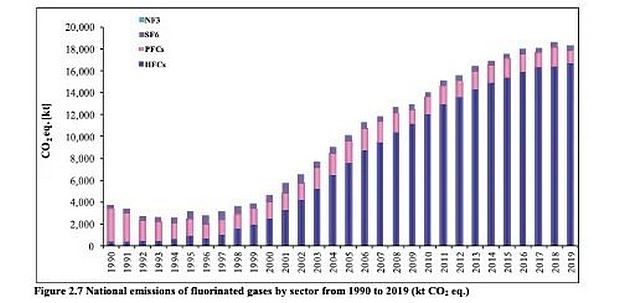Italian companies form coalition to support NatrRef uptake

A new group, the Coalition for Green Heating and Cooling, aims to persuade Italian and EU policymakers to pursue more aggressive measures in the upcoming revision of the F-gas Regulation, including support for natural refrigerants across HVAC&R sectors.
The Coalition, coordinated by the Italy-based NGO Legambiente, includes manufacturers Carel, Enex, EPTA, GTS Special Gas, LU-VE Group, SCM Frigo, TEON and Vulkan. The aim of the Coalition is to steer the cooling and heating sector away from the use of f-gases that damage the ozone layer, exacerbate the greenhouse effect and in some cases fall under the definition of PFAS (“forever chemicals”).
The Coalition advocates for the following policy measures, as described in an article in the Italian publication Nuova Ecologia:
- A GWP limit of five for refrigerants
- Swift reconversion of old equipment used in refrigeration and heating sectors
- Widespread adoption of natural refrigerants across stationary and mobile cooling and heating systems
- A halt to illegal trade of HFCs
- Training of technicians in alternatives to f-gases.
Rising emissions in Italy
The new coalition plans to address rising HFC emissions in Italy, which is in contrast with the trend observed at EU level.
According to data from a 2021 greenhouse gases inventory report of the Istituto Superiore per la Protezione e la Ricerca Ambientale, a national research center for environmental research and protection, emissions of HFCs increased from 0.4 to 16.8 MtCO2e between 1990 and 2019, mainly due to the high GWP of fluorinated substances used in refrigeration, air-conditioning and heat pump (RACHP) systems.

The Coalition for Green Heating and Cooling points out that there is a foundation to unleash a green transition in the RACHP sector in Italy and Europe, as Italian companies are world leaders in the production of equipment using natural refrigerants such as CO2 (R744) and hydrocarbons, especially isobutane (R600a) and propane (R290).
